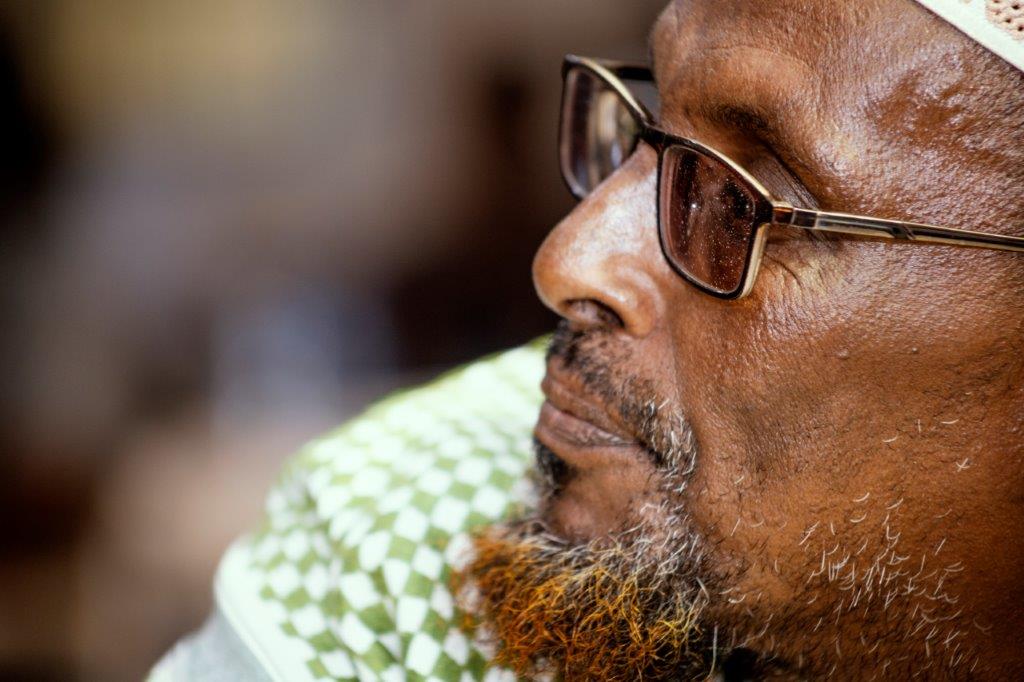What We Did
What challenges EAJ strived to address?
Throughout the program, EAJ tackled the significant challenges faced by Somali citizens in having their grievances justly resolved. We addressed discriminatory practices, lack of information about rights, limited functional institutions, and difficulties in navigating existing pathways.
Achieving Lasting Change:
EAJ implemented three core elements: Community-Based Justice Assistance and Awareness, Model Courts, and Justice Committees. By empowering individuals to address their grievances and strengthening institutions and inclusive committees, we worked towards sustainable justice solutions.
COMMUNITY-BASED JUSTICE ASSISTANCE & AWARENESS
MODEL COURTS
JUSTICE COMMITTEES:
Our Research and Publications
Research Reports
During the program, our partners conducted valuable research, including research reports and scholarships, shedding light on key issues affecting justice in Somalia. Please note that the views expressed in these research products are those of the authors and do not necessarily represent the views of the EAJ.
The views expressed in research products are those of the authors and do not necessarily represent the views of the EAJ.
Aragtiyada la muujiyay waa kuwa qorayaasha mana ahan inay matalaan aragtiyada EAJ.
Negotiating (in)justice: Mapping the dynamics of hybrid order in Lower Shabelle
Lower Shabelle is a crucible for the many trends that have perpetuated state failure and violence in Somalia. Many of the most vulnerable and marginalized communities live in the lush and fertile farmlands along the Shabelle river...
The EAJ conducted this Baseline study in Somaliland to measure the performance of EAJ interventions; and to inform EAJ Program design and activities.
Research by our partners
Research Scholarships Program
The views expressed in research products are those of the authors and do not necessarily represent the views of the EAJ.
Aragtiyada la muujiyay waa kuwa qorayaasha mana ahan inay matalaan aragtiyada EAJ.
Publication 9: Expanding Justice to Marginalized Groups In Lower Shabelle
This study explores the problems facing ethnically marginalized groups in the Lower Shabelle region of the South West State of Somalia. It focuses on these groups because of their voicelessness within wider Somali society
Dr. Mohamed Eno
Somalia
International law considers forced marriage to be a fundamental violation of human rights, impacting all aspects of an individual’s life. It contravenes Article 16 of the 1948 Universal Declaration of Human Rights, which holds that a marriage can only be recognized if both parties are of sound mind and are consciously aware of the implications of entering into wedlock.
Wafaa Hassan
Somalia

